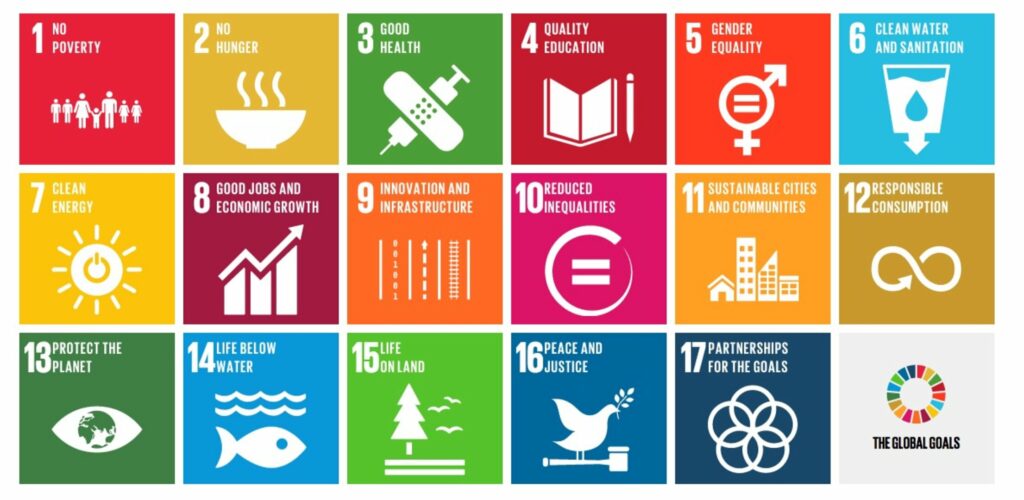Working with Eden Reforestation
A single tree may not seem like much, but when you plant enough of them, they have the power to change the world. This is the story of how we’re doing just that.
One of the first partners we selected to work with is Eden Reforestation.
So why Eden?
Working in some of the world’s most remote and politically unstable places, they overcome challenges every day with grit, relentlessness, creativity, and an unwavering commitment to our mission to plant trees and save lives.
Today, they operate in 10 project countries, and maintain planting levels even when faced with civic unrest, extreme weather, wild animals, or disruptions. As they restore the forest canopy, leaf litter, water, and wildlife return, and nature begins to heal. Meanwhile, communities that are facing extreme poverty are given new opportunities at economic self-sufficiency, improved health, and education.
So what is reforestation and why is it important?
Reforestation is the process of planting trees in forests or other areas where the number of trees has been decreasing, usually due to farming and needing space to grow crops or needing to cut down trees for wood products. It’s one of the leading nature-based solutions for tackling climate change, as forests are a natural way of balancing the earth’s CO2 levels. The more trees there are, the more CO2 is captured and naturally stored.
By absorbing CO2, forests help to decrease the amount of greenhouse gasses in the atmosphere and reduce the effects of climate change. As well as capture CO2, reforestation preserves native species, fertilizes the soil and protects against erosion. It also helps recover areas of forest destroyed by a natural disaster.
The Employ to Plant methodology
Eden has implemented planting techniques coupled with economic incentives that have proven to be the best way to support local communities and restore the environment long term. Systems are kept simple so they can easily be replicated at different planting sites around the world, whilst ensuring the local community is inspired to protect their forests long-term.
Today, Eden operates in 10 project countries and maintains planting levels even when faced with extreme weather, civic unrest, wild animals, or other disruptions. As they restore the forests, wildlife returns and nature begins to heal. Meanwhile, communities that are facing extreme poverty are given new opportunities for economic self-sufficiency, eduction and improved health.
How they do it?
When they arrive in a new community, the first people they meet are usually the village elders. They are the ones with the stories of how the forest used to be, and what has changed over the years. The elders explain which tree species are best suited for replanting in their area, based on the local climate and soil conditions.
We, along with the team at Eden, believe that the people who are closest to the problem are also closest to the solution. They work with local communities because they have an intimate understanding of their environment and they are the backbone of any successful long-term conservation effort. Incentivising locals to take action on reforestation not only reduces poverty, but also addresses the root causes of deforestation.
Reforestation efforts often fail because they’re too complicated or expensive for local communities to sustain. Edens programs are designed to be simple and affordable so that they can be replicated by anyone, anywhere.
Here is a great example of a village transformed.
Stories from the field
Nima Dolma Lama tragically lost her business during the COVID pandemic, when all she had left to rely on was her small family farm to support her husband, two sons, two daughters-in-law, grandson and herself. The farm did not yield a sufficient amount of crops year-round and with few employment opportunities being made available due to no formal education and gender inequality prevalent in Nepal, Nima found herself not knowing how she would survive and take care of her family.
Through grit and perseverance, Nima sought out the Nepal team at Eden and now has a full-time position at Mude nursery. This has enabled her to afford her family’s household expenses and help with reforestation in Nepal.
“I am grateful to make a living restoring the environment, ” says Nima. “I see our reforestation work in Nepal improving the livelihoods in my community.”
Some Fun Facts
- 12 million+ trees have been produced, planted and protected in Nepal alone
- Eden’s reforestation projects operate globally across 280 sites in 10 countries
- 14,800 employees have been empowered with fair wages
Our commitment
As Eden continue to scale, they will grow from planting nearly a million trees per day to more than a billion trees per month.
As part of our ongoing partnership, we’re committed to planting 50% of trees across the world in Haiti, Honduras, Indonesia, Kenya, Madagascar and Mozambique through our Earth9 Tree Planting service and any profits generated.
The other 50% will be planted in Nepal, which is one of the least developed countries in the world, with many communities depending on the natural environment for food, shelter, and income.
UN’s Sustainable Development Goals
As an Earth9 customer, your money goes towards supporting projects that are in line with the United Nations Sustainable Development Goals.

Here are the goals specifically recognised by Eden Reforestation Projects:



